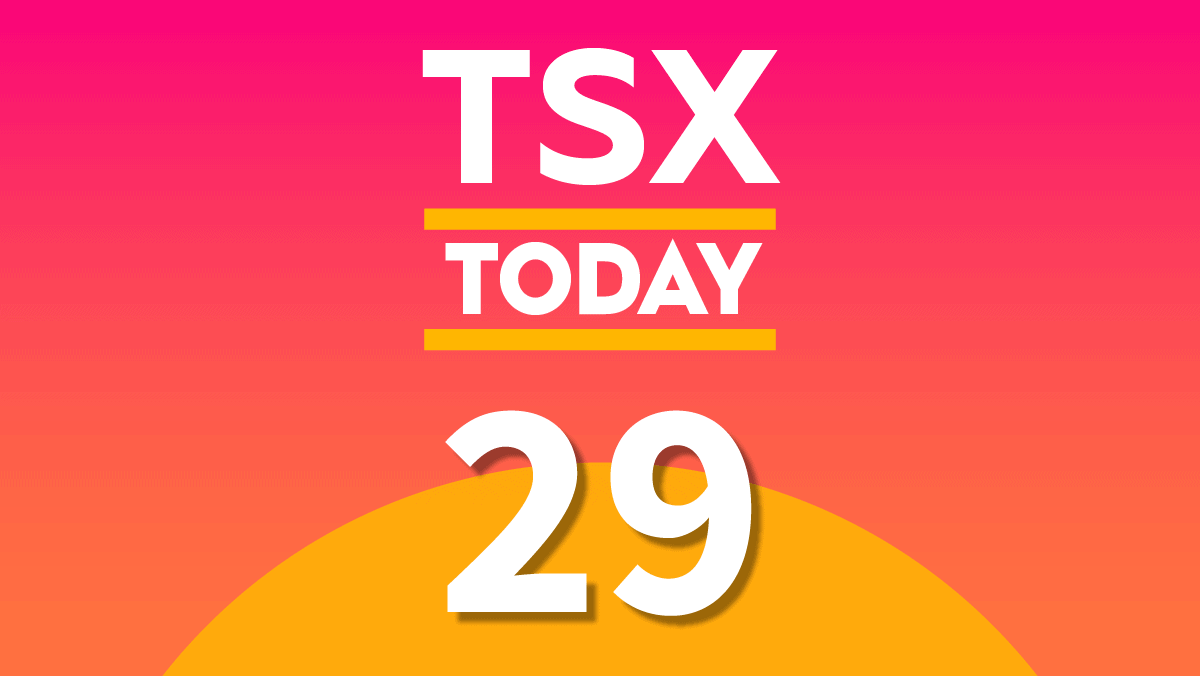After reaching its highest level in more than 18 months in the previous session, the Canadian stock market turned negative on Thursday, as weakening crude oil and metals prices weighed on investors’ sentiments. The S&P/TSX Composite Index fell 87 points, or 0.4%, yesterday to 20,929, a day after settling above the key 21,000 level.
Even as healthcare and technology stocks continued to attract renewed buying, heavy losses in commodity-linked sectors like mining and energy pressured the main TSX benchmark.
Top TSX Composite movers and active stocks
Energy Fuels (TSX:EFR) dived by more than 7% to $9.48 per share, making it the worst-performing TSX stock for the day. This selloff in EFR stock came a day after the American lithium firm signed a Memorandum of Understanding (MOU) with Astron Corporation to jointly develop the Australia-based Donald Mineral Sands Project with an aim to secure a large-scale source of rare earth minerals for a U.S.-based supply chain.
The project, which is expected to start in 2026, could provide Energy Fuels with 7,000 to 14,000 tonnes of rare earth element concentrate annually, strengthening its position as a supplier for the electric vehicle and clean energy sectors. Despite the recent losses, however, EFR stock is still up 13.1% on a year-to-date basis.
Torex Gold Resources, Seabridge Gold, and Filo were also among the bottom performers on the Toronto Stock Exchange, as they slipped by over 4% each.
On the flip side, Tilray Brands and Bausch Health Companies jumped by at least 3.7% each, making them the session’s top-performing TSX stocks.
Based on their daily trade volume, TC Energy, Canadian Imperial Bank of Commerce, Toronto-Dominion Bank, Power Corporation of Canada, and Bank of Nova Scotia were the five most heavily traded stocks on the exchange.
TSX today
Most commodity prices, especially silver and copper, were trading on a bearish note early Friday morning, which could pressure the main TSX index at the open today.
While no major economic releases are due this morning, traders may see any minor pullback in most fundamentally strong TSX stocks as a buying opportunity because growing hopes of interest rate cuts could continue to drive the index upward in the near term. Overall, the Canadian market benchmark remains on track to end the year 2023 on a positive note, as it currently trades with 8% year-to-date gains after sliding by 8.7% in 2022.








